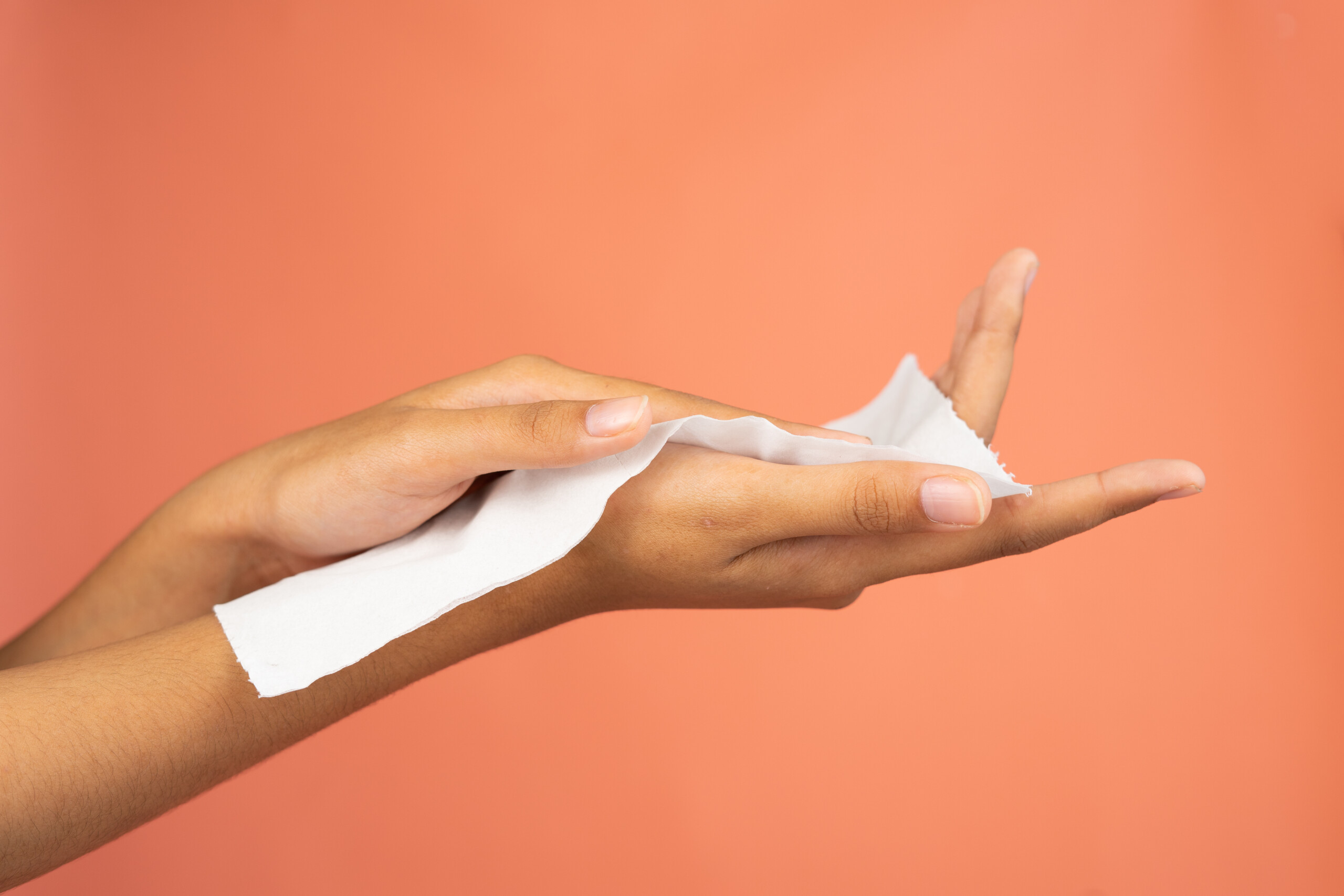Efficient Dermatology Solutions for Excessive Sweating: How to Stop Sweaty Hands and Feet
Efficient Dermatology Solutions for Excessive Sweating: How to Stop Sweaty Hands and Feet
Blog Article
Understanding the Origin Reasons of Excessive Sweating and Its Impact on Daily Life
While it is commonly recognized as a physiological response to regulate body temperature, the triggers for extreme sweating can vary extensively among individuals, encompassing not just physical variables yet mental and likewise psychological components. By diving right into the root triggers of hyperhidrosis and discovering its diverse impacts, a much deeper understanding of this pervasive concern can be gotten, dropping light on the complexities that individuals grappling with excessive sweating browse on a day-to-day basis.
Physiology of Sweat Glands
The guideline of sweat manufacturing, a critical physiological process, is largely controlled by the task of sweat glands distributed throughout the human body. Sweat glands are classified into 2 major kinds: eccrine and apocrine glands.
When the body temperature level climbs, either due to exercise, high temperature levels, or emotional tension, the nerve system activates the sweat glands to produce sweat. This sweat is composed primarily of water and electrolytes like sodium and chloride. The process of sweat manufacturing is vital for preserving the body's inner temperature level within a slim, optimum variety, highlighting the crucial duty gland play in human physiology.
Triggers for Excessive Sweating
In comprehending the source of excessive sweating, it is essential to identify the triggers that can result in this physical feedback. Extreme sweating, additionally referred to as hyperhidrosis, can be motivated by different elements, both ecological and physiological. One usual trigger is emotional anxiety or anxiousness, which can promote the body's sweat glands to create more sweat than is essential for cooling down. Physical effort, high temperature levels, and spicy foods are likewise known to trigger too much sweating in people susceptible to this condition. Specific medical problems like menopause, hyperthyroidism, or diabetes can contribute to excessive sweating as well.
Furthermore, medications such as some antidepressants, opioids, and specific supplements can likewise work as triggers for hyperhidrosis. Recognizing these triggers is vital in handling too much sweating efficiently - How to stop sweaty hands. By recognizing and attending to the particular triggers that trigger excessive sweating in a specific, healthcare service providers can establish customized treatment plans to ease this condition and boost the individual's high quality of life
Medical Conditions Associated
Associated with extreme sweating are numerous clinical conditions that can worsen this physical response. One typical condition is hyperhidrosis, a problem characterized by unusually increased sweating that surpasses the body's thermoregulatory needs. This can materialize in focal locations like the hands, soles, underarms, or face, affecting a person's quality of life because of social embarrassment and discomfort.
Moreover, endocrine disorders such as hyperthyroidism, diabetic issues, and menopausal warm flashes can also bring about excessive sweating. Hyperthyroidism causes an overproduction of thyroid hormones, accelerating metabolic rate and causing sweating. Diabetic issues can induce sweating episodes, particularly during hypoglycemic episodes when blood sugar level degrees go down also low. Menopausal warm flashes, credited to hormonal fluctuations during menopause, can trigger unexpected and intense sweating, commonly gone along with by flushing and heart palpitations.
Additionally, infections like hiv, endocarditis, and tuberculosis have been connected with night sweats, a common symptom understood to interrupt rest and impact general wellness. These clinical conditions highlight the varied variety of underlying aspects that can add to too much sweating, necessitating complete examination and administration by health Sweaty hands treatment care experts.
Psychological and Mental Variables

Influence on Social Interactions
Too much sweating can have extensive results on an individual's capability to engage conveniently in social communications. The noticeable indicators of sweat spots or damp patches on clothing can result in shame and self-consciousness, causing people to withdraw from social situations. This withdrawal can affect relationships, limitation social tasks, and hinder individual and specialist growth.

Moreover, the anxiousness and self-confidence issues coming from excessive sweating can affect interaction and social abilities. People may struggle to focus on conversations, take part in group activities, or share themselves with confidence. This can cause sensations of isolation and loneliness, as social links end up being challenging to maintain.
Final Thought

While it is generally comprehended as a physiological action to manage body temperature level, the triggers for excessive sweating can vary extensively amongst people, including not just physical variables however likewise emotional and emotional elements. By delving into the origin causes of hyperhidrosis and discovering its diverse impacts, a deeper understanding of this prevalent concern can be acquired, losing light on the complexities that people grappling with too much sweating navigate on a day-to-day basis.
Physical effort, high temperatures, and spicy foods are likewise recognized to trigger too much sweating in people prone to this problem. By identifying and attending to the details triggers that trigger excessive sweating in a private, health care service providers can create tailored treatment plans to minimize this problem and enhance the individual's top quality of life.
Extreme sweating can have extensive results on a person's capacity to involve easily in social interactions.
Report this page